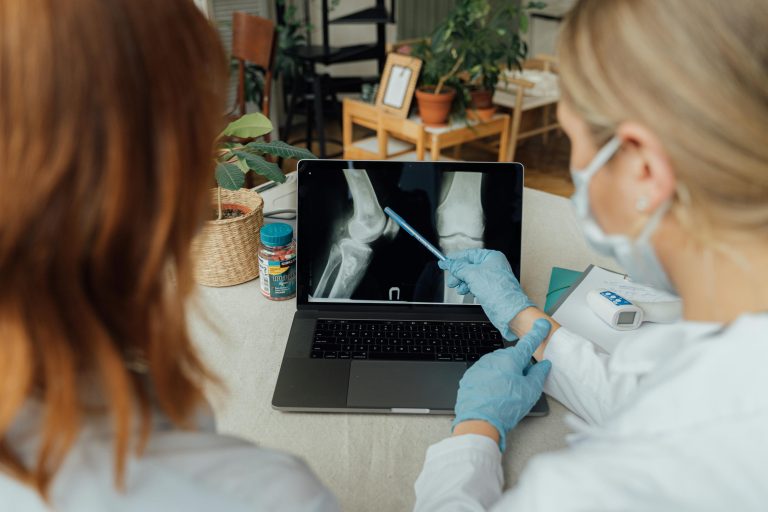A dislocated joint occurs when the bones that form a joint are forced out of their normal position, typically due to a traumatic injury. This is a common injury in sports and high-impact activities, and it requires prompt attention to avoid further complications.
Symptoms of a Dislocated Joint
- Intense Pain: Severe pain at the joint site, which may worsen with movement.
- Deformity: The joint may appear visibly out of place or misshapen.
- Swelling and Bruising: The affected area often becomes swollen and bruised.
- Limited Mobility: Difficulty or inability to move the joint or bear weight on it.
Immediate First Aid for Dislocated Joints
- Immobilize the Joint: Do not attempt to relocate the joint yourself. Use a splint or immobilize the joint with a cloth or bandage to prevent further movement.
- Apply Ice: Place ice packs wrapped in a cloth on the injured area to reduce swelling and pain. Avoid applying ice directly to the skin.
- Seek Medical Help: Get to a medical facility as soon as possible for professional treatment. A healthcare provider will need to relocate the joint and may use imaging techniques to assess for additional injuries.
- Follow-Up Care: After relocation, follow the doctor’s instructions for rehabilitation, including rest, physical therapy, and gradual reintroduction of movement to restore joint function.
Preventing Dislocated Joints
- Wear Protective Gear: Use appropriate protective equipment such as braces, pads, and helmets when participating in sports or high-risk activities.
- Strengthen Muscles: Engage in strength training and flexibility exercises to support and stabilize joints. Strong muscles around a joint can help prevent injuries.
- Warm-Up and Stretch: Perform proper warm-up exercises and stretches before engaging in physical activities to prepare your body and reduce the risk of injuries.
- Use Proper Techniques: Learn and use correct techniques in sports and physical activities to minimize the risk of joint dislocation.
For more information on dislocated joints and injury prevention, visit the CDC’s Sports Injury Prevention page. If you have any concerns or need personalized guidance, Igaku is available for consultations to help you manage and prevent sports-related injuries effectively.
Read our other articles here.
- IGAKUhttps://igaku.co/blog/author/igaku/
- IGAKUhttps://igaku.co/blog/author/igaku/
- IGAKUhttps://igaku.co/blog/author/igaku/
- IGAKUhttps://igaku.co/blog/author/igaku/


